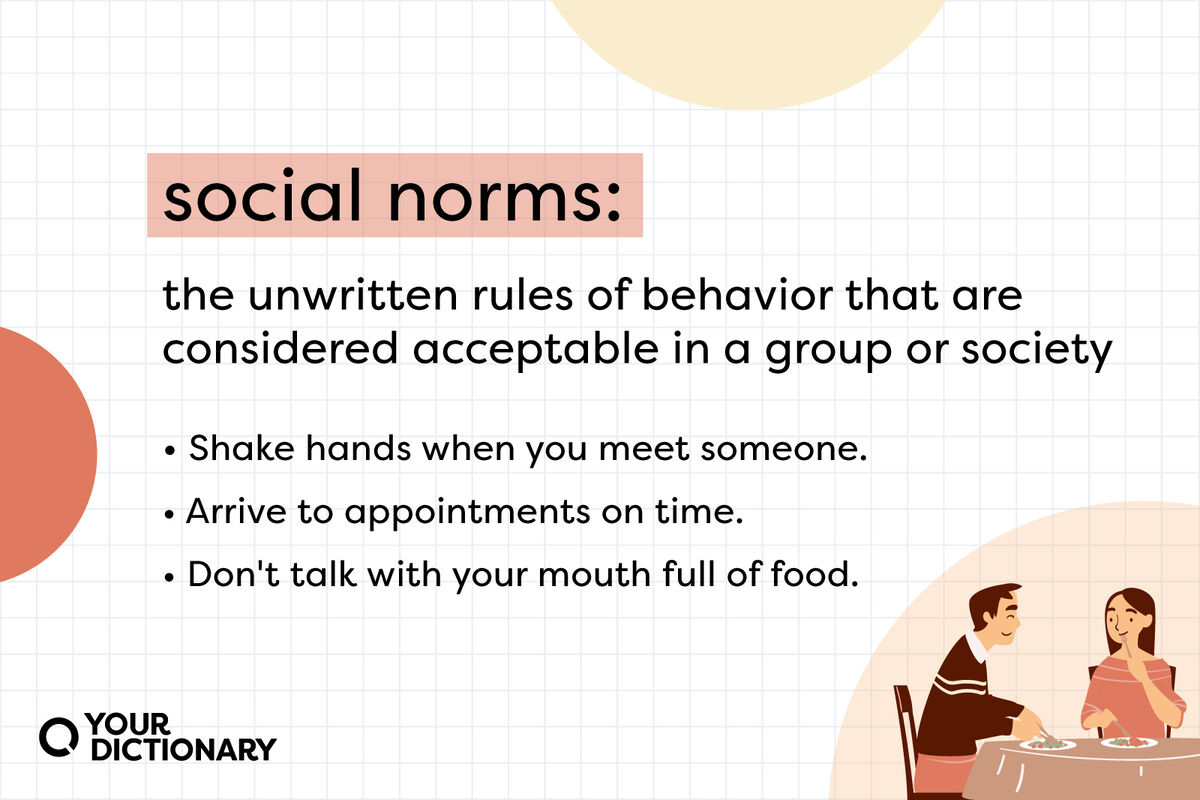What happens when the world doesn’t accept who you are? How do you bring personal identity, societal expectations, and faith-based beliefs on the same page? Literature often serves as a mirror for society. It highlights the tension between personal identity and societal norms. But how do authors use literature to challenge these norms, and what impact does it have on readers?
In The Blue Street Stories by Arthur L. Jenkins, the delicate balance between society, faith, and personal identity takes center stage. Jenkins explores how individuals tackle societal expectations while holding onto their beliefs and accepting their true selves. But what happens when these three forces clash?
Let’s explore how literature challenges the status quo and provides a space for conversations about identity, faith, and social norms.
Society vs. Identity
From the moment we are born, society imposes expectations on us—how to behave, what to believe, and who we are supposed to be. These norms are meant to provide structure, but what happens when they become suffocating? Characters in literature often face rejection when they fail to meet the standards set by society
Is it possible to be both true to oneself and accepted by society?
Faith and Identity
The Clash Between Faith and Self
For many people, faith is a light that shapes their values and their identity. But what happens when your personal identity conflicts with the teachings of your faith? This internal conflict is often at the heart of characters’ journeys, as they try to bring together their beliefs and their sense of self.
For some, faith offers comfort, while for others, it becomes a source of conflict and pain. Literature portrays this tension beautifully, offering readers a look at how challenging faith-based norms is often an essential part of the journey toward self-acceptance.
Challenging Norms in Literature
Literature as a Tool for Change
Fiction has always been a powerful platform for challenging norms and sparking conversations about identity, faith, and society. Authors create characters who confront societal and religious expectations, offering readers a glimpse into what it means to break free from the traditions. Challenging societal norms is not just an act of disobedience, but an act of survival.
Breaking Free from Labels
One of the most interesting aspects of literature is how characters refuse to be defined by societal labels. In a world that demands people fit into neat categories, characters challenge these assumptions by accepting their identities. These characters are not one thing—they are multidimensional, complex individuals who refuse to stay in the neat boxes of society.
Society, Faith, and Identity
Moving Toward Acceptance
Acceptance doesn’t necessarily come from society or religious institutions—it often comes from within. Characters frequently find that their journey toward self-acceptance is more important than gaining external validation. This internal shift allows them to go against the norms that have held them back.
Through the characters’ struggles, readers are invited to reflect on their own lives. These stories remind us that literature can be more than just entertainment—it can be a tool for self-discovery and transformation.
The Blue Street Stories
If you’re ready to explore a story that challenges norms and redefines truth, grab a copy of The Blue Street Stories by Arthur L. Jenkins today. Discover how literature can inspire personal freedom and encourage you to rethink society’s expectations!
Conclusion
Stories that challenge societal and religious norms invite readers to question the roles that faith, identity, and society play in shaping who we are. They remind us that challenging norms isn’t just about revolution; it’s about making a path toward authenticity and acceptance.
By pushing the boundaries of literature and creating spaces for conversations about marginalized identities, these works give voice to those who have been silenced for so long.
